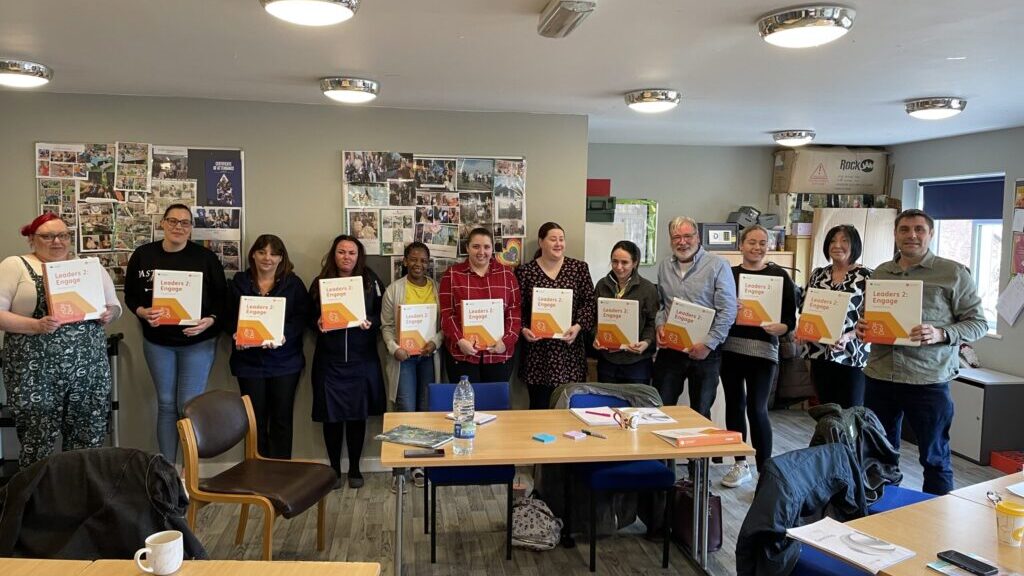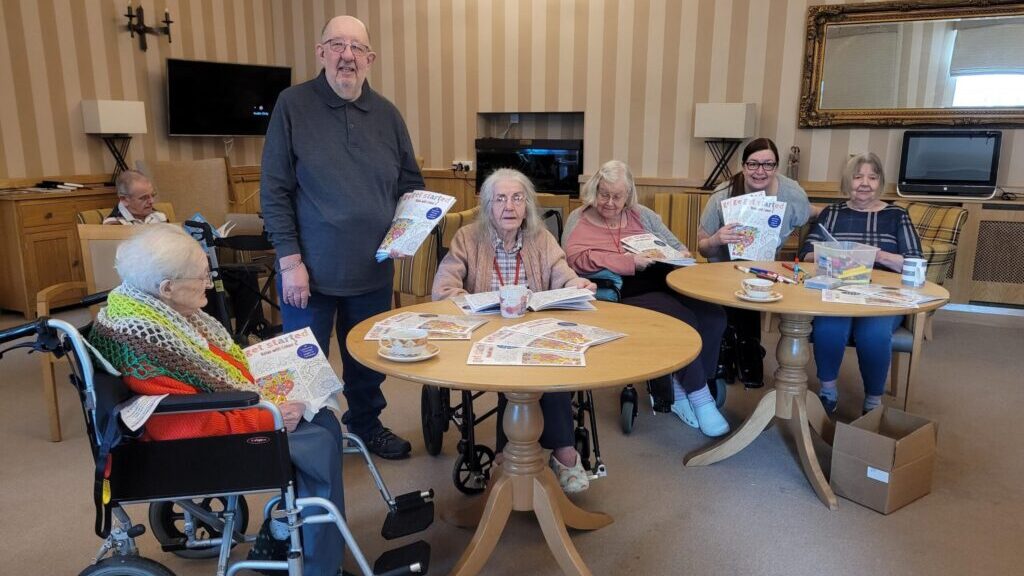Alcohol can be part of a ‘good life’ in care homes, research finds

New research has found alcohol can be part of having a ‘good life’ in care homes.
The University of Bedfordshire and CQC study, which was funded by the National Institute for Health and Care Research, found residents, families, staff and inspectors felt strongly that people living in care homes should be able to continue drinking alcohol when they move into a home.
Study leader, Dr Sarah Wadd, who is based at Bedfordshire’s Tilda Goldberg Centre for Social Work and Social Care, said: “People living in care homes should be supported to have as much choice and control of their lives as possible. It is important to remember that just as health has value, so too does pleasure. The goal is to find a balance between minimising risk and maximising quality of life. Our research has shown that this isn’t always happening in practice. We have produced good practice guidance for care staff and a guide for care home residents and the general public.”
The study found alcohol can create a sense of community for residents and staff by celebrating special occasions together and helps create a homely environment and ensures continuity in peoples’ lives before and after moving into a home.
It noted potential risks associated with drinking alcohol, however, including medication interactions, confusion, falls and injuries.
While the study found alcohol was available regularly at most care homes, during meal times, for example, it found some homes had imposed ‘blanket bans’ and allowed it only rarely.
Amy Hopwood from the Care Quality Commission said: “This important research shines a light on the importance of care homes safely supporting their residents to continue drinking alcohol if they wish to, using their professional expertise to balance the risks alongside the individual’s preferences. Just like anything else in life that is a matter of taste and choice, how care homes manage alcohol is a strong indicator of how well they are delivering good, safe, personalised care to their residents.”



